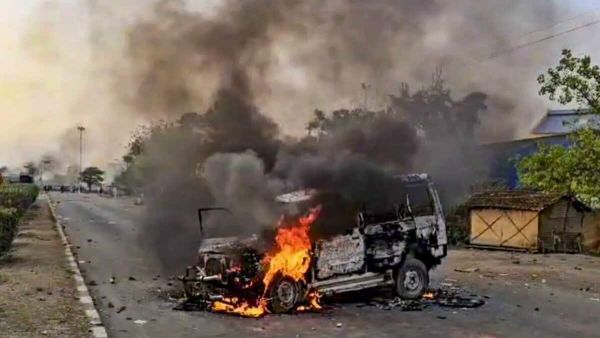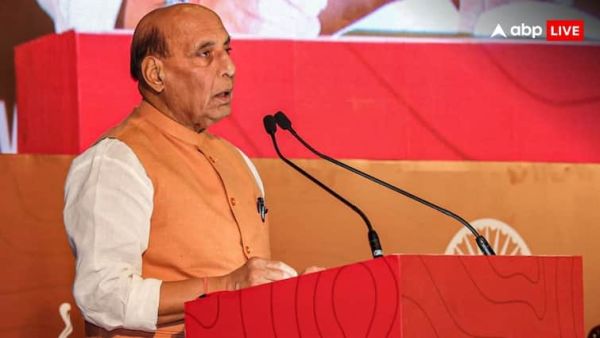
A report has emerged alleging that the violence which took place in Samsherganj, Murshidabad, in April was a result of police negligence and communal bias, leading to mass human rights violations. The report is a result of a joint investigation by rights groups Association for Protection of Civil Rights and the Banda Mukti Committee.
Delay in police action
The clashes, which displaced hundreds of people seeking safety, took place amid the Waqf Movement. The investigation reveals that three people were killed in the violence and dozens injured (including both police officers and citizens), as well as reports of entire villages set ablaze. The violence that occurred on April 11 and 12 was largely a result of police inaction, it added.
“Victims across communities stated unanimously that early action by police could have prevented the violence,” stated the report.
The report also mentions that two of the casualties of the clash, father-son duo Hargobind Das and Chandan Das, succumbed to their fatal wounds in Jafrabad while awaiting medical assistance for more than three hours.
Communal bias of authorities
The role of the Border Security Force (BSF) in curtailing the violence was also brought into question.
The third casualty, Ijaz Ahmed, was fatally shot by the BSF. But the two-week joint investigation’s report indicts the BSF further.
“At least 13 other Muslim citizens suffered grievous injuries from BSF gunfire,” states the report, alleging human rights violations from Indian forces against Indian citizenry.
The report cites multiple witnesses on the ground claiming “that BSF forces wore slippers, a sight never witnessed before, and some suspect that RSS-BJP affiliated militia had infiltrated BSF uniforms.”
The investigation further alleged that police targeted Muslims, including minors. Many from the community were detained without due process. Police apprehended individuals based on suspicion, with no arrest warrant. Detainees were held without any filed chargesheets for more than the 24-hour legal limit. Accounts of police brutality and custodial violence also emerged from the same.
Analysis of 300 FIRs
As part of the joint investigation, the teams also analysed three hundred FIRs filed in the wake of the clashes, which revealed that the vast majority of complaints are strikingly similar, with only minor details like names being changed from case to case.
The analysis of the FIRs revealed what the report calls “copy-paste allegations”. These allegations are all generally the same, “differing only by name, revealing clear signs of fabrication and communal bias. Arrests are being made based on these false and Islamophobic complaints,” claimed the report.
The organisations further reported an attempt to sow the seeds of conflict between the Dalit and Muslim communities.
“The FIR narratives suggest a deliberate attempt to incite conflict between Dalits and Muslims, a strategy currently being executed nationwide by the RSS and Sangh Parivar forces,” they claimed in the release.
The fact-finding team demanded a neutral judicial inquiry into the violence based on the joint investigation’s report. It further demanded appropriate compensation for those injured in the BSF’s firing, and the release of those detained under falsified allegations.
The organisations also demanded that the district-wide ban on democratic gatherings be lifted, and the assurance of legal aid for those detained without the means to afford representation.
-
Aditya Narayan On Udit Narayan’s Kissing Controversy: 'He Had No Idea About Consent'

-
India, Russia Discuss S-400 Delivery, Sukhoi Upgrades, And Defence Boost In Qingdao

-
BJP Names State Election Officers To Supervise Organisational Polls In Maharashtra, Uttarakhand, And West Bengal

-
IND vs ENG: Veteran cricketer gives BIG advice to Shubman Gill ahead of 2nd Test, says…

-
'Masterful' Netflix thriller that 'changed the game in storytelling' is finally back
